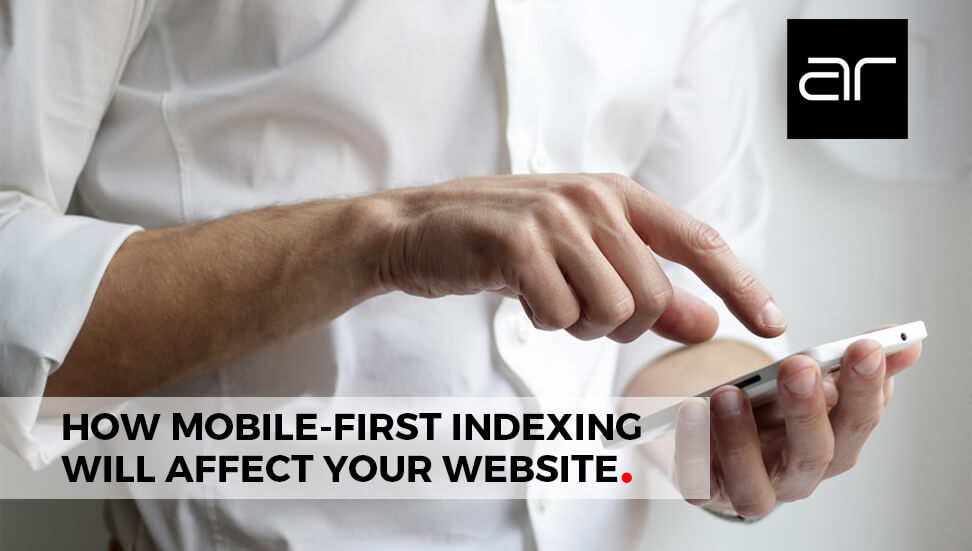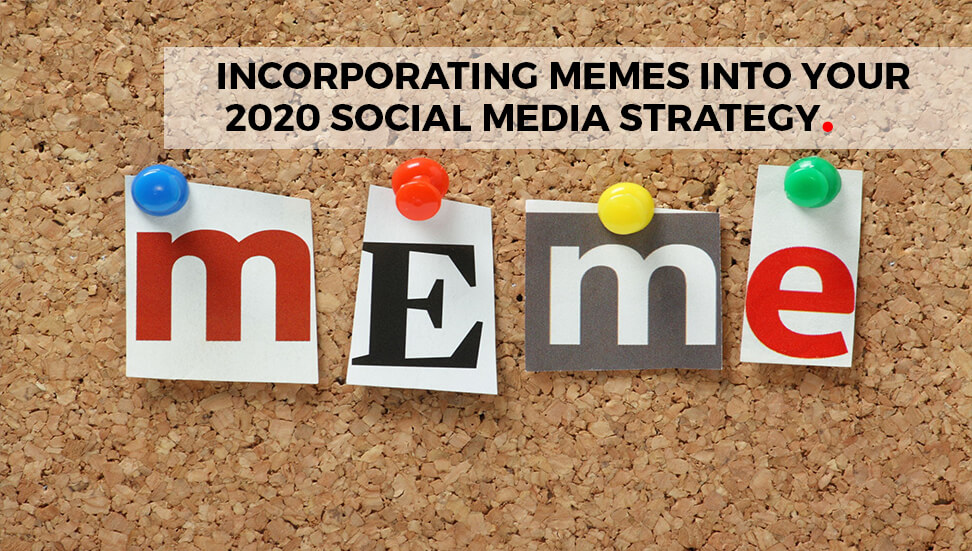Social media efficiency is one thing, but social media effectiveness is another. And the most important rule to keep in mind before reading through our tips is this:
Social media marketing isn’t for your business—it’s for your followers.
Social media is not another outlet to push products and throw hard sells. And although it’s called “marketing”, it’s important to avoid the top-down approach and hone in on listening. Think of it, instead, as building and enhancing relationships with customers and potential customers in order to establish loyalty.
With that in mind, use our top six tips for effective social media marketing:
1. Use only the essential platforms.
And keep in mind that essential to one industry, even one business, can be useless to another.
If you’re selling a service that allows you to take before and after photos then utilize Instagram for sharing. But if you can’t come up with a month’s worth of photos for your product or service then stick with Twitter and Facebook.
Think quality over quantity as you get established because the more sites you take on, the less likely you are to effectively affect the relationships in your target audience.
2. Remember timing and frequency is everything. And it’s all based around your target audience.
Sites like Twitter and Pinterest have the ability to make posts irrelevant in a matter of minutes, while Facebook, Google+, and LinkedIn posts have staying power. Knowing this, you should avoid posting more than three times per week or you’ll seem like a billboard. Twitter and Pinterest, on the other hand, require more frequent posts at around five times per day.
As far as posting times, studies have shown those between 1-3pm have the most click-throughs, and that’s a great foundation to build on. But it’s also wise to test the theory on your target audience to see if there’s a more engaging hour.
3. Spend time interacting with users. This is not a “build it and they will come” situation. You need to get out and find your audience.
Businesses have the tendency to treat social media like paid advertising, putting up ads and waiting for them to be seen or heard. But you’ll quickly realize social media’s a two-way street that requires you to get out there and do some leg work.
Get comfortable jumping in the conversations on sites like Twitter, Google+, and LinkedIn—it’s not rude, it’s encouraged. And when users begin to follow and comment on your posts, be prepared to encourage more conversation. A simple “Thank you” is fine, but why not keep it going to encourage involvement?
4. Ask questions. Give your followers a chance to voice their opinion and take advantage of the free market research.
This is your business’ chance to find out what your customers really want, and asking specific questions opens the door to a more customer-focused company. It also gives you an idea of where your audience’s needs are headed and allows you to prepare for future industry changes.
Questions about product or service features, what customers want to see in your next line, and even something as simple as how they’re spending an upcoming holiday provide valuable market insight.
5. Make sure your website is in order first. Don’t send followers to a disorganized, chaotic website that isn’t mobile friendly and doesn’t offer guidance.
It’s so easy to get excited about these new platforms that you forget about some necessary housekeeping. Give you site a once over to make sure that every landing page you’re sending people to is up-to-date, focused, and conversion-centric. What’s the point of inviting someone over if you’re not ready for company?
6. Measure results. Then adjust and re-strategize, if necessary.
Using your social media strategy’s objectives, track how much you’re actually getting out of each site to ensure complete effectiveness. Tools like Pinterest and Facebook analytics are free and useful enough to get the ball rolling. But additionally, independent analytics from Social Report and Rival IQ are much more in-depth.
But it’s important to remember your most valuable tracking will come from your own website which will determine if any conversion goals have been met.
Building an effective social media strategy will not only save you time and money, but it also lets your business hit the ground running. By establishing these practices in the beginning you’ll have time to be more focused on customers and results.






























